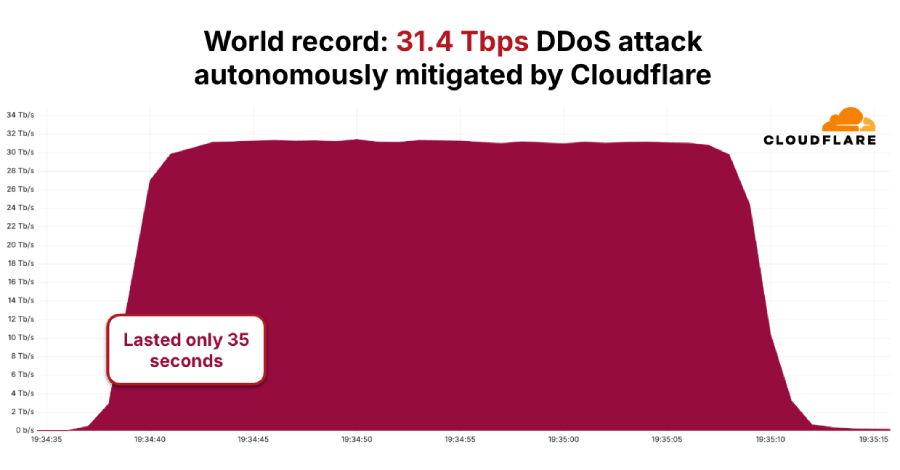Compromised dYdX npm and PyPI Packages Deliver Wallet Stealers and RAT Malware
Cybersecurity researchers have discovered a new supply chain attack in which legitimate packages on npm and the Python Package Index (PyPI) repository have been compromised to push malicious versions to facilitate wallet credential theft and remote code execution. The compromised versions of the two packages are listed below – @dydxprotocol/v4-client-js (npm) – 3.4.1, 1.22.1, 1.15.2,…
Read more










